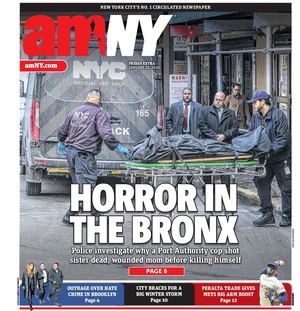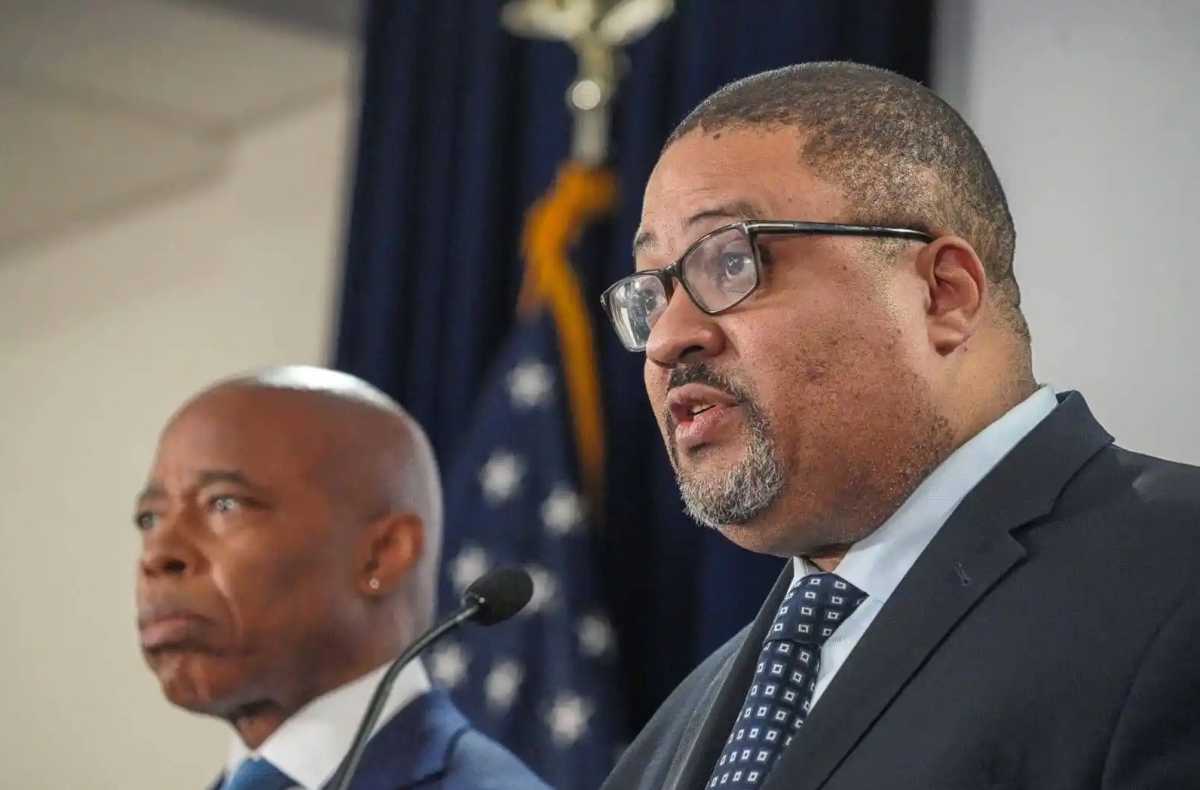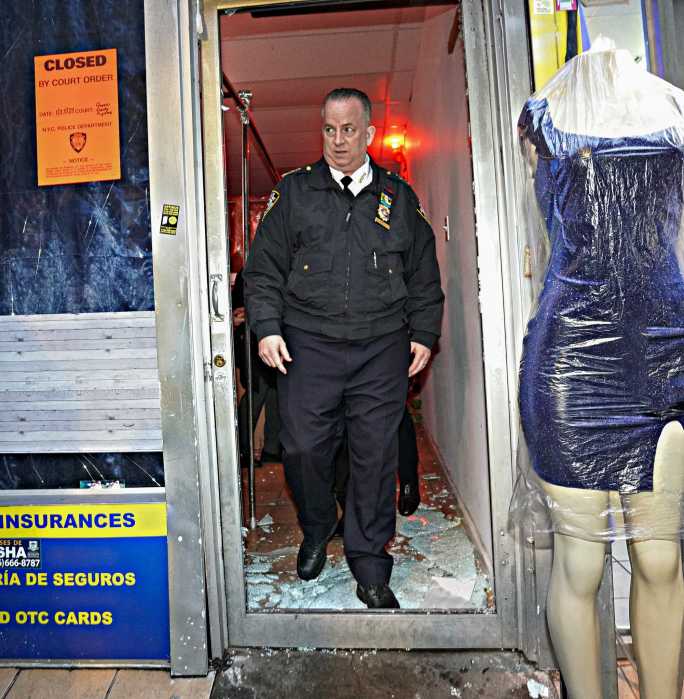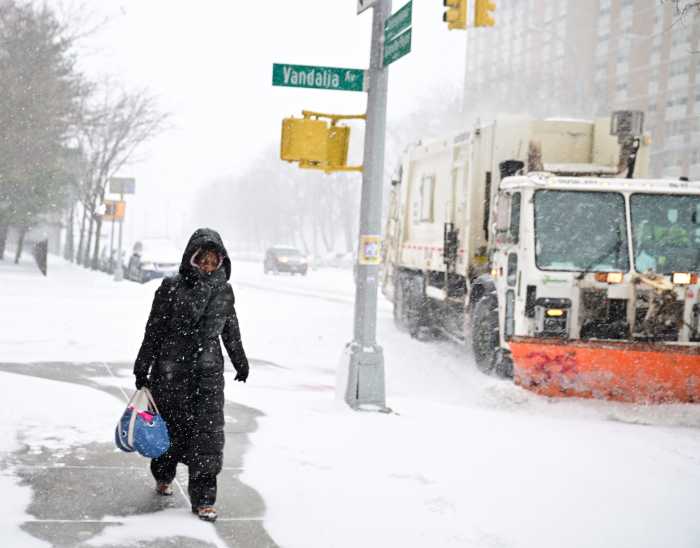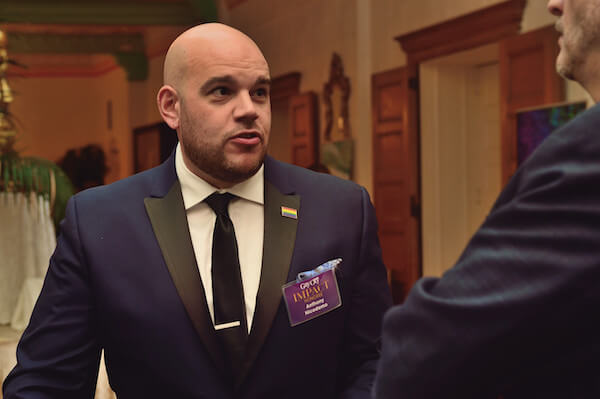The city’s five district attorneys, along with advocacy organizations, are calling on the New York State Assembly to lift the statute of limitations for sex trafficking, a crime that primarily affects women and children throughout the state and around the globe.
The district attorneys and advocacy groups penned a letter to NYS Assembly Speaker Carl Heastie (D-Bronx) on Thursday calling on the legislature to eliminate the five-year statute of limitations for the crime.
The NYS Senate already passed the proposal unanimously during the 2023 legislative session.
In the letter, which was put together by the Manhattan DA’s Office along with the National Organization for Women (NOW) New York, the group demands that the assembly pass legislation that would “eliminate the statute of limitations for sex trafficking offenses and extend the window for survivors to file lawsuits, providing victims the opportunity to secure the accountability and justice they deserve.”
Jonathon Junig, chief of the human trafficking unit at the Manhattan DA’s office, said the current limit often stops prosecutors from obtaining justice.
“What we’ve seen in this space is that so often we have trafficking survivors who come forward in one way or another, we interview them and start investigations, but we’re unable to pursue any sort of criminal action against their traffickers because of the statute of limitations.”
Women and children who are victims of sex trafficking are often coerced and controlled by their perpetrators. Victims are also preyed upon by multiple traffickers before they are able to report the crimes to police, curtailing the ability to secure justice for themselves, the advocates said.
“They are generally from a vulnerable population,” Junig said, noting that many have addiction issues and are hesitant to come forward.
“It often is reported well after that statute of limitations has passed,” Junig said.
Junig said almost every month, the DA’s office encounters a situation where prosecutors can not pursue a criminal investigation against a trafficker because of the five-year statute of limitations.
Sonia Ossorio, president of NOW-NYC, said her organization has been urging the state legislature to lift the statute for the past two years.
“The statute of limitations on sex trafficking is pathetic,” she said. “A five-year limit for survivors of one of the worst human rights violations is woefully inadequate. We have been asking the legislature to fix this for two years now.”
amNew York Metro reached out to Assembly Member Heastie’s office for comment but did not immediately hear back.
Ossorio said she would like to know why the assembly, unlike the senate, has not acted yet, but assumes it is due to a lack of priority.
“The assembly has to prioritize this,” she said. “The legislature deals with hundreds of bills every legislative session, but they prioritize the ones that are really important. Ensuring that sex traffickers are held accountable, ensuring that survivors of sex trafficking can get justice is really important.”
Sex trafficking takes place in a variety of locations, including illicit massage and spa businesses, hotels and motels, and residences, according to the National Human Trafficking Hotline. It also can involve pornography and escort services.
“Trafficking operates in many ways,” Ossorio said. “From how recruitment happens to who the victims are who are brought into it to meet the demand of sex buyers. Victims are imported; they are our youngest or most marginalized New Yorkers who are targeted.”
